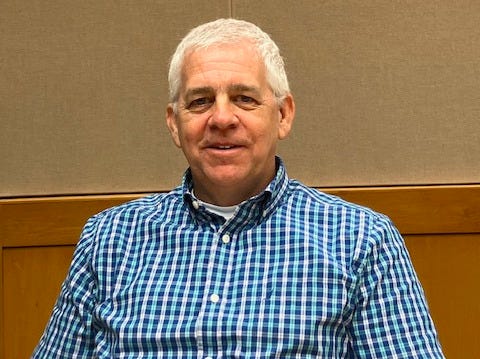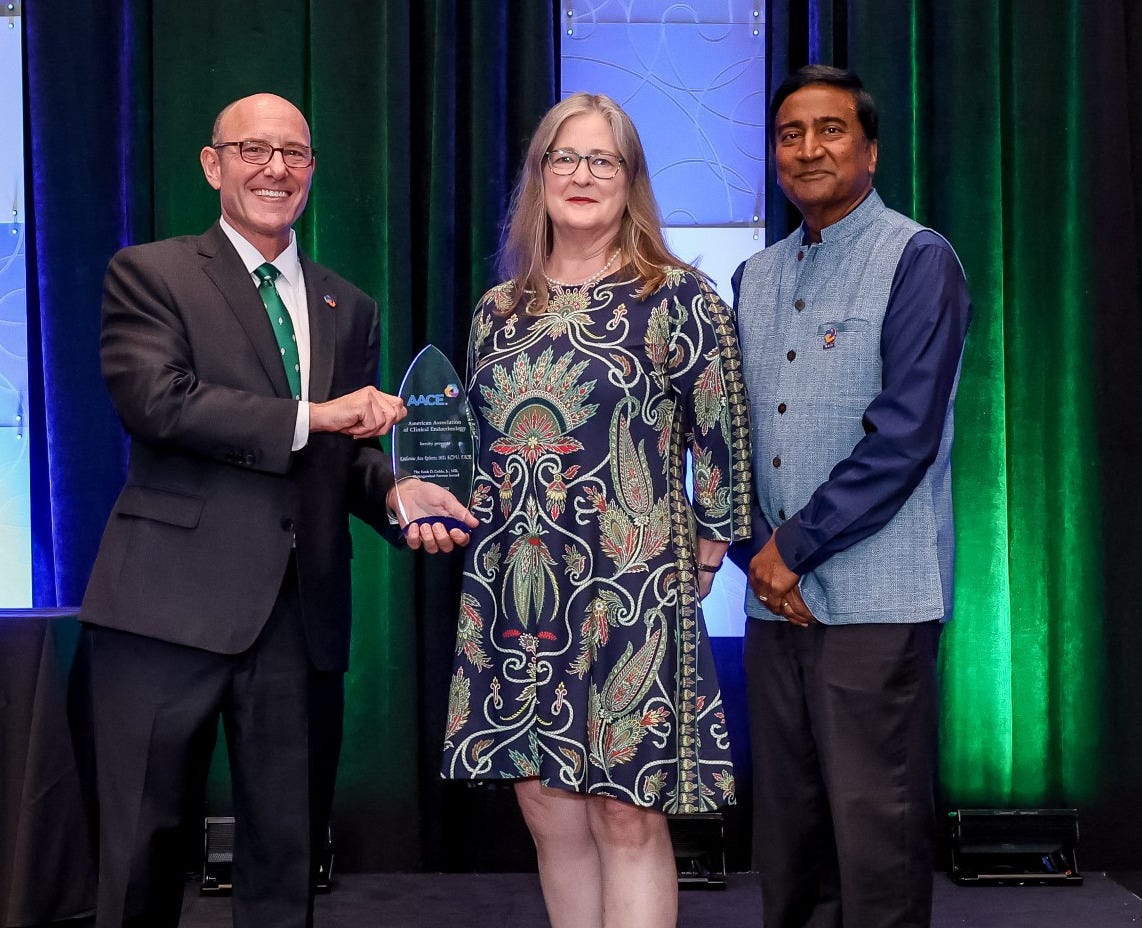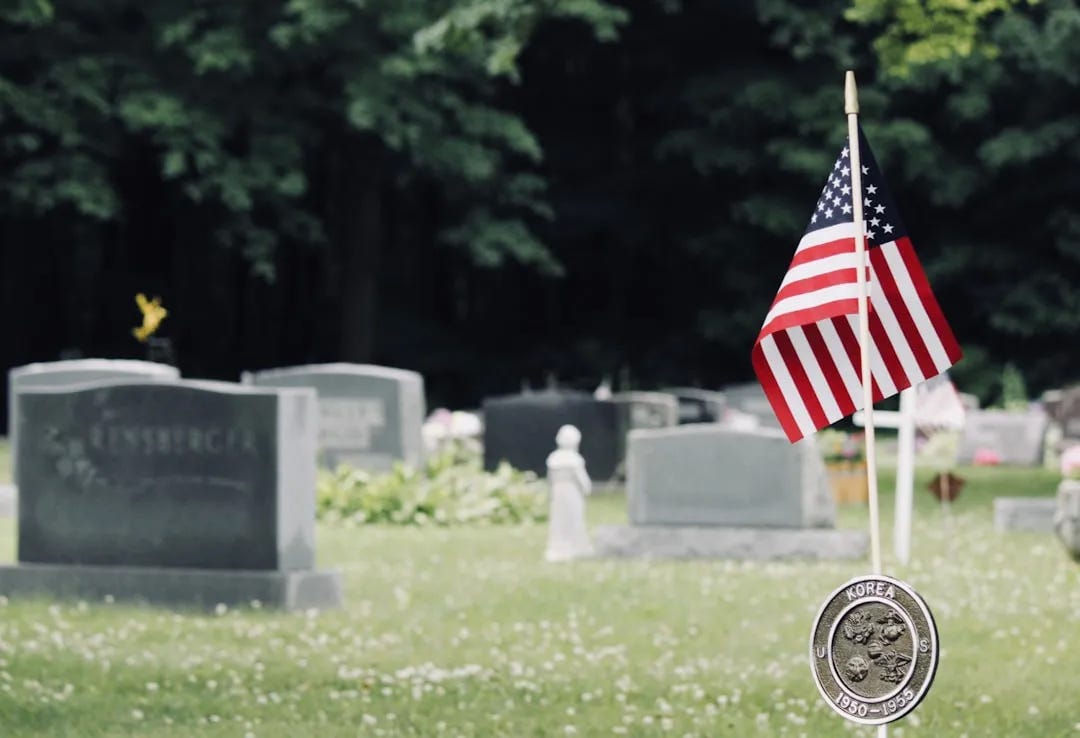Home taxes will probably go up next year
It's June 3d -- you have two days to get your property taxes in the mail. Plus, a JCC planning commissioner asks county supervisors to hold off on pricey government office complex.
Your real estate taxes are likely to go up again next year, because home prices in the Historic Triangle continue to increase. But just how much your actual taxes increase will depend on your elected officials.
Every year there is a tense dance between taxpayers and government officials over what constitutes a tax increase on property.
James City County supervisors told angry voters at public hearings before approving the county’s 2026 budget that they have not increased taxes, because the county’s tax rate remained at 83 cents per $100 of assessed value. And that is true.
But it’s academic to taxpayers, who care about the size of the tax check they wrote this month. In James City County average home assessments – and hence the tax you owe -- shot up by 21% since 2024.
The process will continue next year, although perhaps not as dramatically.
Williamsburg already baked in a 4% increase in real estate taxes for next year, based on assessments made between 2024 and 2025. The city assesses real estate every year and sends assessments to owners so they know what their costs will be before the city completes its budget, says Derek Green, the city’s director of assessment.
In James City and York counties, assessments are completed every two years, with the next one due in January of 2026.
Through April, the median sales price of York County homes increased 20.62%, to $457,120 in April, according to the Virginia Realtors group. Next year’s average tax bill will go up 5%, according to county spokesperson Kelli Tatum.
James City County home sales prices have gone up 4.05% in the same period, to a median price of $475,000 the Realtors group study reported.
Once those assessments come in, it is up to elected officials to decide how much you actually pay by lowering tax rates, raising them, or leaving them alone.
York County Board of Supervisors Chair Sheila Noll said the county lowered its tax rates a few years ago in the face of rising assessments but increased it by four cents this year to fund increases for the school and county employee’s pay.
Whatever happens, local assessors say, don’t blame us.
“We don’t have anything to do with the tax rate,” says Dayle Gallagher, James City County’s director of real estate assessments. “(County officials) don't come to us and ask us, ‘hey, we need X amount of dollars, do something with the assessments.’ I hear very little from anybody outside of our office.”
State law requires localities to assess real estate property at fair market value, which depends on what similar properties have sold for during the time the assessment takes place.
The eight people in Gallagher’s office evaluate an average of 1,200 sales a year, starting when a deed is recorded in court.
Assessors investigate the sale to ensure it is valid – an arm’s length transaction that is not a foreclosure or a family sale, he said. They compare sales with reports from the Multiple Listings service.
If there are no sales in a particular neighborhood during the assessment period, Gallagher says his team will look at other sales in comparable neighborhoods with comparable amenities and quality of construction. “You can drive in a neighborhood and you know” what the similarities are, he said.
He said the biggest explosion in prices have been in homes that sell well below the county’s median price. Buyers often compete and bid up the prices above what the sellers listed for, he said.
The final assessment is based on the size and amenities in the home itself and the value of the land, which the assessors base at 25% of the sales cost, Gallagher said.
Virginia audits real estate assessments to see how close localities come to matching fair market value, Green said.
Assessors do not have the final say in the matter.
When taxpayers receive their assessments, they have 30 days to contest it with the assessor.
“People have been getting ruder” when they call, Gallagher said. “A lot of times it’s just educating the homeowner. It’s explaining to them what we did, how we did it, and why we did it.”
Assessors can make mistakes, said Green. “Usually we find clerical errors, square footage or the number of bathrooms wrong.”
Gallagher said that if asked, assessors will visit the homeowner’s property to review their analysis. But he cautions that sometimes that can lead to an increase in assessments, not necessarily a decrease.
Property owners who still think the assessors got it wrong can then appeal the decision to the board of equalization, a group of locals appointed by county or city officials. Green said a Williamsburg resident has taken that step this year, the first time since he came in 2018.
If that appeal fails, the property owner can take the matter to court.
James City and York taxpayers need to have their tax payments postmarked by this Thursday, June 5. You owe the tax even if you did not get a bill, so if if you don’t have it you should call the treasurer’s office before the deadline.
Delay permit for government offices, JCC planning commissioner urges supervisors
A member of the James City County planning commission emailed the supervisors Monday with a plea that they hold off approving a special use permit for the county’s controversial government office complex.
Jay H. Everson, the commissioner from Stonehouse District, urged the supervisors to either deny the application when they meet next week or table it and refer the matter to a referendum. The supervisors, who unanimously voted to move forward with the government center, are to vote on a special use permit for it June 10.
The county’s planning commission voted 4-3 in May to recommend a permit for the government center, whose $189.5 million price has nearly doubled since it was proposed three years ago. County Administrator Scott Stevens said the final price estimate will be made this fall when the architects finish their design.
Everson said the center did not conform with the county’s comprehensive plan and would add significantly to the county debt.
Planning Commission Chair Jack Haldeman joined Everson and Powhatan representative Michael Maye in voting to deny the permit.
Haldeman said his vote was based on what he decried as “piecemeal development”, where the county approves a project without considering the cumulative impact of other projects being planned nearby. He told Williamsburg Watch this process does not take into account the cumulative impact on the watershed, schools and road traffic.
The government center is across two-lane DuPue Drive from surplus Eastern State Hospital land, where a developer would like to build more than 900 homes and a retail shopping complex.
Haldeman noted the county’s comprehensive plan warned of severe traffic challenges on several county roads over the next few years, including parts of Monticello Avenue, Richmond Road and Ironbound Road.
“The cost (of the center) is astronomical,” Haldeman said, “there’s a strong case to be made for a referendum."
In his letter Monday, Everson said the county is betting it will be able to pay for its construction by growing real estate taxes and increasing the number of homes by 3% a year.
“We are counting on unrelenting future residential growth,” Everson said, “even though the current county comprehensive plan is designed to control growth.”
State Headlines
Attorney General sics Feds on Loudon County schools
Virginia Attorney General Jason Miyares is asking the Department of Education and the U.S. Justice Department to investigate Loudoun County public schools and the Loudoun County school board for possible violations of Title IX, the federal law prohibiting sex-based discrimination in education programs.
Miyares said Monday his office’s investigation into the school system showed “students appear to have been targeted not for misconduct, but for expressing their discomfort at being forced to share a locker room with a member of the opposite sex.”
He said the state investigation showed Loudoun County schools initiated a retaliatory Title IX investigation against three male students at Stone Bridge High School after they complained against the schools’ policy of allowing transgender students access to sex-separated facilities.
“Every student in Virginia deserves the right to speak openly, think freely, and live according to their conscience without fear of retaliation,” Miyares said. “ Protecting those rights is not political—it’s foundational to who we are as Americans.”
Kilgore chosen to lead Va. House GOP as Gilbert prepares for possible exit
‘Care is resistance.’ Va. free health clinics strategize survival after state, federal funding cuts
Jerrauld Jones, pioneering legislator and judge from Norfolk, dies.
Local endocrinologist wins award
Dr. Katherine Roberts of Williamsburg Endocrinology, Inc. who has been in medical practice since 2003, was awarded The American Association of Clinical Endocrinology’s (AACE) Highest Honor: The Yank Coble MD Distinguished Service Award at their recent meeting in Orlando, Florida.
Roberts was recognized for her long-standing advocacy in improving access to healthcare tools, particularly insulin for underserved populations.
She is a member of AACE's Advocacy and Finance Committees. She has also held various chairmanships and vice chairmanships and been a member of the underserved populations committee.
Roberts lobbied Congress on multiple occasions for better diabetic care and for bone health.
She served as the Chair of the Insulin Task Force in 2015, which began advocating for the price cuts for insulin which have recently taken place.
Passings
Vernon Thomas Randle, 90, May 28.
Douglas Ryland Fox, 76, June 1.
Harold “Red” Millar, 94. May 31.
Kathleen Rae Brausewetter, 83, May 29.
Carolyn Sue Sandidge, 86, May 30.








I disagree that the supervisors did not raise taxes. By VA law, when assessments rise the rate reverts to the level that would bring in 101% of the previous year's revenue. The supervisors can raise the rate back to the previous rate (or anything in between) but the law calls that an effective tax increase. In our case, a rate of 69 cents would have brought in 101% of the previous year's revenue. The supervisors raised the rate to 83 cents.